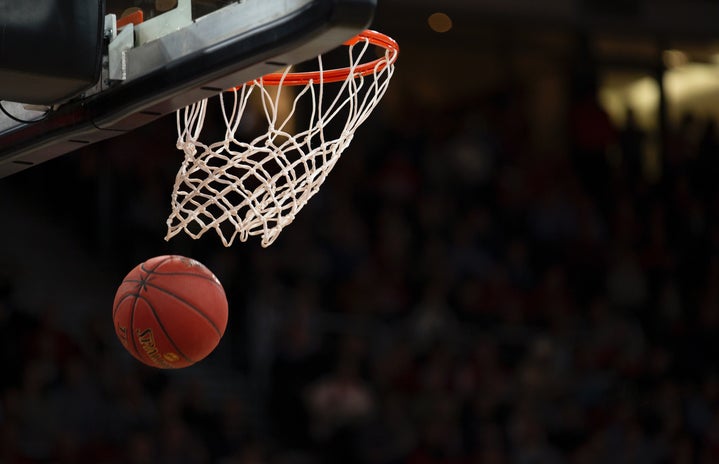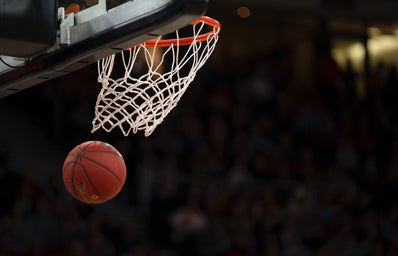In the National College Athletic Association’s inclusion statement, the organization claims “diversity, inclusion and gender equity among its student-athletes, coaches and administrators” to be core and guiding values. However, after videos emerged on various social media platforms highlighting the widespread inequality between the men’s and women’s 2021 basketball tournaments, it is clearer than ever that this pledge to equity is no more than performative activism with no real implementation efforts.
What started as a viral TikTok video exposing the women’s laughable weight room, equipt with one rack of weights and yoga mats, has grown into an unveiling of the NCAA’s inequality-riddled agenda in regards to their basketball programs. From forcing the children of breastfeeding coaches to count as official members of the team (limiting the number of athletic trainers a team can bring) to withholding its infamous “March Madness” slogan for the Women’s Tournament, the NCAA has proved time and again over the past three weeks that its lack of dedication to providing equal support to women’s teams places the them at a distinct disadvantage compared to their male counterparts.
At best, these disparities can be chalked up to incompetence on the part of NCAA officials. At worst, they are blatant forms of indifference towards the players, coaches, and teams. As an NCAA athlete, I find these inequalities disturbing and demoralizing, and I know I am not alone. A fellow teammate, Marit Hoyem, says she is “glad that the NCAA has made an effort to correct their mistake, but I can’t help but feel angry that it happened in the first place…. Since that incident the same people and organizations who were upset and showed solidarity have since done a terrible job promoting and supporting the tournament and female athletes in general. Coverage is super important for an event like this, and there needs to be more discussion about the tournament beyond just how the NCAA failed. People should be talking about women’s athletics before, during, and after something like this happens; they shouldn’t be waiting for something to go wrong in order to show support.”
Less talent, less viewers, less revenue. All of these excuses have been used by NCAA-sympathisers to not only forgive but justify the discrepancies between the two tournaments. But as Sedona Price, an Oregon Women’s Basketball player, precisely put it: “if you aren’t upset about this problem, then you’re a part of it.” The outrage following this overt sexism is not about money. It is not about retribution or hurt feelings or slogans. It is about opportunity. It is about safety. The NCAA’s actions show it has both no interest in providing women’s basketball teams the fair opportunities to play the sport they love and no regard for the physical and mental health of it’s players. As Georgia Tech’s Head Basketball Coach Nell Fortner said in a statement to the NCAA, “Thank you for using the three biggest weeks of your organization’s year to expose exactly how you feel about women’s basketball — an afterthought.” And while this will almost certainly not be the last of the NCAA’s disrespect towards its female athletes and coaches, it undoubtedly marks an end to women on the court sitting back and accepting anything less than equity.


